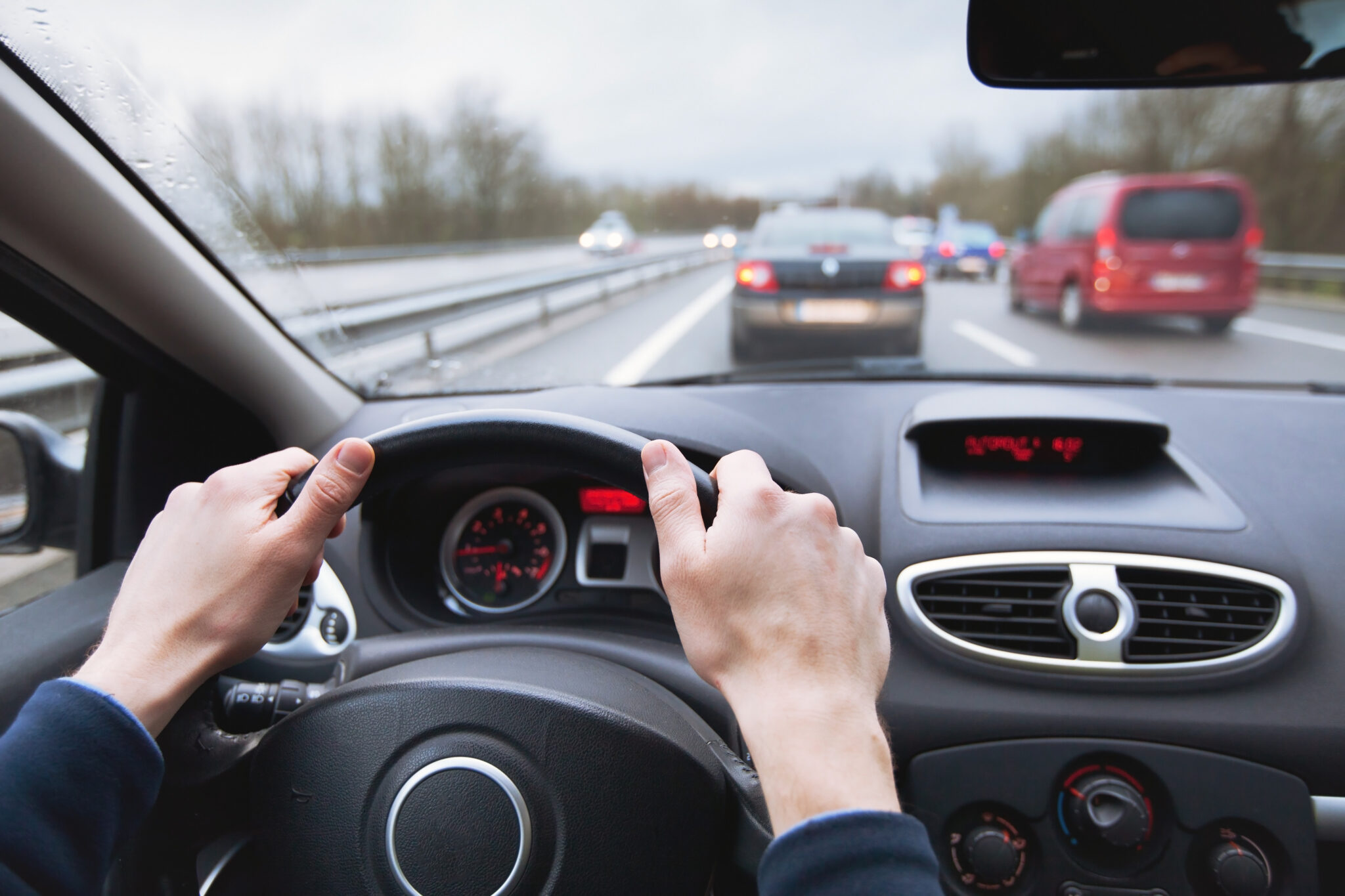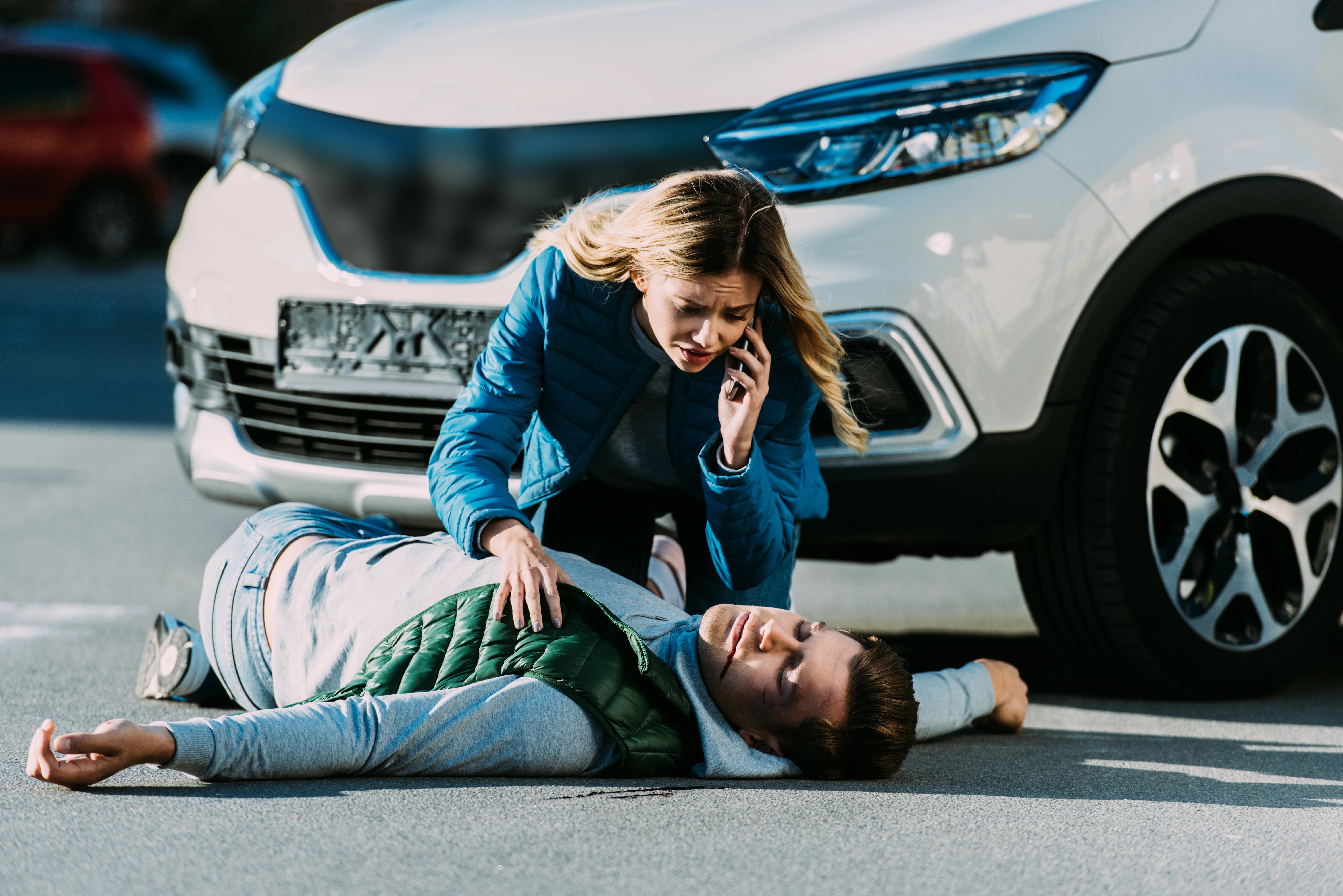In an era of technological advancements and innovative breakthroughs, self-driving cars have emerged as a prominent symbol of the future. With the promise of safer roads, reduced congestion, and increased convenience, these autonomous vehicles hold immense potential. However, as they become more integrated into our transportation systems, a crucial question arises:
Who is liable when a self-driving car causes a crash? This complex inquiry intersects law, ethics, technology, and policy, raising intriguing challenges that demand careful consideration.
Who is Liable in a Self-Driving Car Accident?
Determining liability in a self-driving car accident can be intricate. Responsibility can be attributed to multiple parties, including:
- Manufacturers and Developers: Defective software, hardware, or sensors can lead to accidents. In such cases, the manufacturer or developer may be held liable for negligence in designing, testing, or maintaining the technology.
- Human Drivers: In semi-autonomous systems, human drivers are expected to intervene when needed. Failing to do so can lead to accidents, raising questions about their liability.
- Regulators: If accidents result from inadequate regulations or oversight of autonomous vehicles, regulatory bodies may share a portion of the liability.
Establishing Fault
Proving fault in self-driving car accidents requires a nuanced approach. Investigating authorities need to analyze data from sensors, cameras, and black box recorders to reconstruct the events accurately. Additionally, understanding how the autonomous system functioned during the incident is essential.
Data and Evidence
Self-driving vehicles generate a wealth of data that can be critical in determining fault.
The data collected includes information such as:
- Sensor Readings: Data from LiDAR, radar, and other sensors provide a detailed view of the vehicle’s surroundings, offering insights into potential blind spots, vehicle speed, distance from other objects, and more.
- Camera Footage: Video recordings from onboard cameras offer visual evidence of the accident, capturing the actions of other vehicles, pedestrians, and road conditions.
- System Logs: Examining the vehicle’s software logs can shed light on the autonomous system’s decision-making process and any anomalies that might have occurred.
- Black Box Data: Similar to flight data recorders in airplanes, the “black box” in self-driving cars records critical vehicle information like speed, steering, braking, and acceleration. This data is invaluable in understanding the vehicle’s behavior before and during the accident.
Comparative Negligence
In cases involving semi-autonomous vehicles, the concept of comparative negligence comes into play. If a human driver fails to intervene in a timely manner, their degree of negligence might be compared to the autonomous system’s actions.
In Ohio, the rule that applies is called the “51% Bar Rule.” This rule states that a plaintiff can only recover damages if their percentage of fault is 50% or less. If the plaintiff is found to be 51% or more at fault, they are barred from recovering any damages from other parties involved in the incident.
Impact on Personal Injury Claims
As self-driving cars continue to develop, legal precedents are still evolving. Courts are yet to establish a consistent approach to addressing these cases. Regulatory frameworks also vary, leaving room for interpretation and uncertainty.
Personal injury claims in self-driving car accidents require a thorough understanding of medical and technological aspects. Victims may pursue compensation for medical bills, lost wages, pain and suffering, and more. The evolving landscape may necessitate specialized legal expertise in handling these claims.
Addressing the complexities of self-driving car accidents requires collaboration among various stakeholders, including legal experts, engineers, insurers, manufacturers, and regulators. Developing clear guidelines and frameworks can streamline liability determinations and compensation processes.
If you suffered an injury in a car accident involving a self-driving vehicle in Ohio, HMW Law is ready to help you recover your entitled compensation. We understand the complexities and nuances associated with this type of accident claim, which is why we are prepared to protect your rights and best interests from start to finish.
Call 216-369-1352 or contact us online today to schedule a free consultation. Serving clients in Cleveland, Columbus, and beyond!

